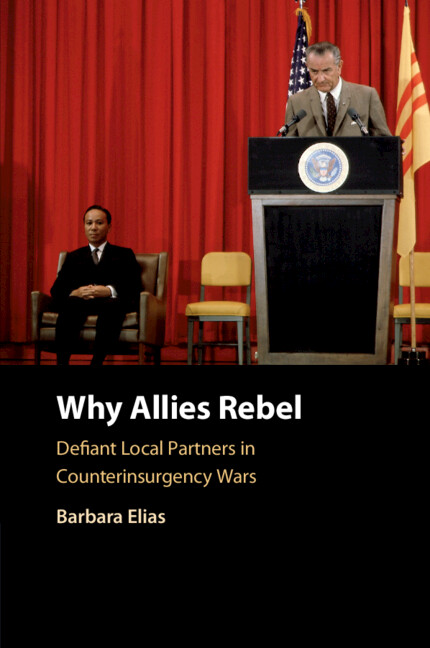Why Nations Still Fight
Drawing on an original data set of interventions and wars from 1945 to the current day, as well as numerous short case studies, Richard Ned Lebow offers a novel account of their origins and outcomes – one that emphasises miscalculation, failure to conduct meaningful risk assessments, and cultural and political arrogance. In a successive work to Why Nations Fight (2010), he explains why initiators routinely lose militarily and politically when they resort to force, as well as accounting for why the great powers, in particular, have not learned from their failures. Lebow offers both type- and region-specific forecasts for the future likelihood of interventions and wars. His account reveals the inapplicability of theories nested in the realist and rationalist paradigms to the study of war. He argues what is needed instead is an “irrationalist” theory, and he takes the initial steps in this direction.
- Features an original and comprehensive data set of 88 post-1945 interventions and wars, on which the book's claims are based. The full data set is included in an appendix
- Highlights and answers the seeming paradox of why initiators lose most of the wars and interventions they start due to serious miscalculations and failure to conduct proper risk analysis
- Offers nuanced and type-specific (rather than general) predictions and forecasts about the future use of force in international affairs
Product details
January 2026Paperback
9781009701082
450 pages
229 × 152 mm
Not yet published - available from January 2026
Table of Contents
- Preface
- 1. Introduction
- 2. Questions, cases, and coding
- 3. Colonial and post-colonial wars
- 4. Divided nations
- 5. Partitioned countries
- 6. Rump states
- 7. Regional rivalries and proxy wars
- 8. Ethical traps
- 9. Great powers
- 10. Other categories of war
- 11. Success and failure
- 12. Miscalculation
- 13. Motives
- 14. When will they ever learn?
- Appendix A: summary of data
- Appendix B: data set.










